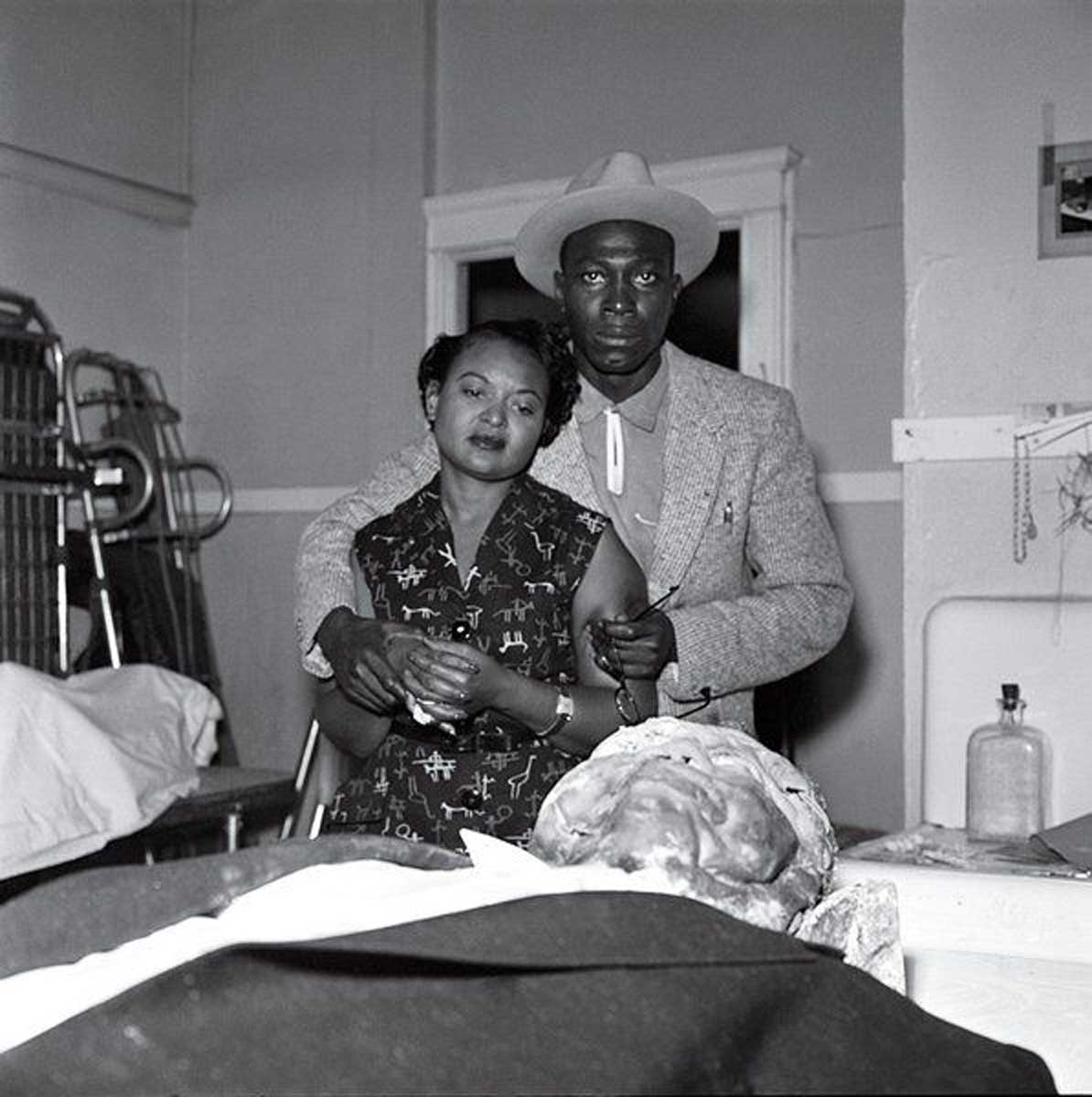MDHS ranked number one in nation for TWP
Published 8:30 am Friday, February 19, 2010
special to the star
Many times, Mississippi is ranked dead last in national polls, but a recently released report from the U.S. Department of Health and Human Services (HHS) shows Mississippi is leading the nation in moving families from welfare to work.
“I am proud Mississippi can be an example to the rest of the nation by getting our people on the productive side of the economy,” Governor Haley Barbour said. “Since I took office, my No. 1 priority has been putting Mississippians into meaningful jobs.”
The federally required participation rate that states are to maintain for their Temporary Assistance for Needy Families (TANF) Work Program (TWP) is 50 percent overall. In a report dated February 1, 2010, for Fiscal Year (FY) 2008, the overall TWP Participation Rate for the U.S. was only 29.4 percent. In Mississippi, however, the TWP participation rate was 63.2 percent placing Mississippi as number one in the nation. Rounding out the top three was South Dakota at 62.2 percent and Idaho at 59.5 percent.
Failure by a state to engage the required 50 percent of TANF households in work activities can potentially result in financial penalties. To count toward a state’s work participation rate, parents must be fully engaged in an approved work activity. TWP Participation Rates indicate the success of a participant in becoming self-sufficient through these work activities. Failure of the household to participate in work requirements can result in a reduction or termination of a family’s benefits.
Reducing the dependency of needy parents by promoting job preparation, work and marriage is one of the four stated purposes of Temporary Assistance for Needy Families (TANF). With few exceptions, recipients must work as soon as they are job-ready after coming on assistance.
This is the second consecutive year Mississippi has placed in the top three for participation. The continued dedication and hard work by all of the MDHS, Division of Economic Assistance (DEA) staff has produced outstanding results not only for MDHS and the state but for those individuals being served by the program.





